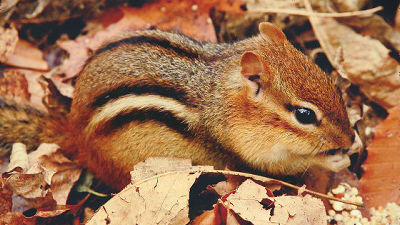Why does taste preference change as an adult?

Like 'I hated spinach when I was a kid, but I loved it when I grew up,' taste preferences change as I grow up. Live Science , a scientific media, explains the mechanism by which such changes in taste occur.
Why do our flavor preferences change over time? | Live Science
https://www.livescience.com/taste-preferences-change
Infants generally prefer sweet foods to adults. According to Julie Mennella, who studies biopsychology at the Monell Chemical Senses Institute , 'sweetness' acts as a signal for 'high-calorie foods' needed for survival and growth, and primates, including humans, are sweet. He says he has a strong attachment to food. It is also known that children prefer 'salt taste' to replenish the minerals that are essential for brain and muscle function.
On the other hand, the 'bitter taste' that infants dislike is functioning as a signal indicating toxic substances. Menera argues that this instinct to prefer sweetness and saltiness and dislike bitterness allows infants to get the nutrition they need to grow while avoiding toxic substances.

However, these instincts do not completely influence children's tastes. For example, a 2019 study showed that the foetation was learning the taste of foods consumed by pregnant mothers, affecting postnatal taste preferences. A 2001 study also found that when mothers drank carrot juice during pregnancy and lactation, their children became more fond of the taste of carrots.
In addition, there are research reports that feeding vegetables to children aged 4 months to 2 years for 8 to 10 days can form a preference for the vegetables. Live Science explains that the formation of this new taste continues into adulthood, causing the phenomenon that 'foods that I hated in my childhood can now be eaten when I grow up.'

Also, in the 40s and 50s, the taste buds (mirai), which are the parts where the taste of the tongue is felt, decrease, and the sensitivity to taste decreases. In addition, it is known that inhalation of chemical substances such as cigarette smoke damages the sense of taste and smell. Live Science argues that these factors keep the taste sensation changing as we get older.
Related Posts:
in Science, Posted by log1o_hf







